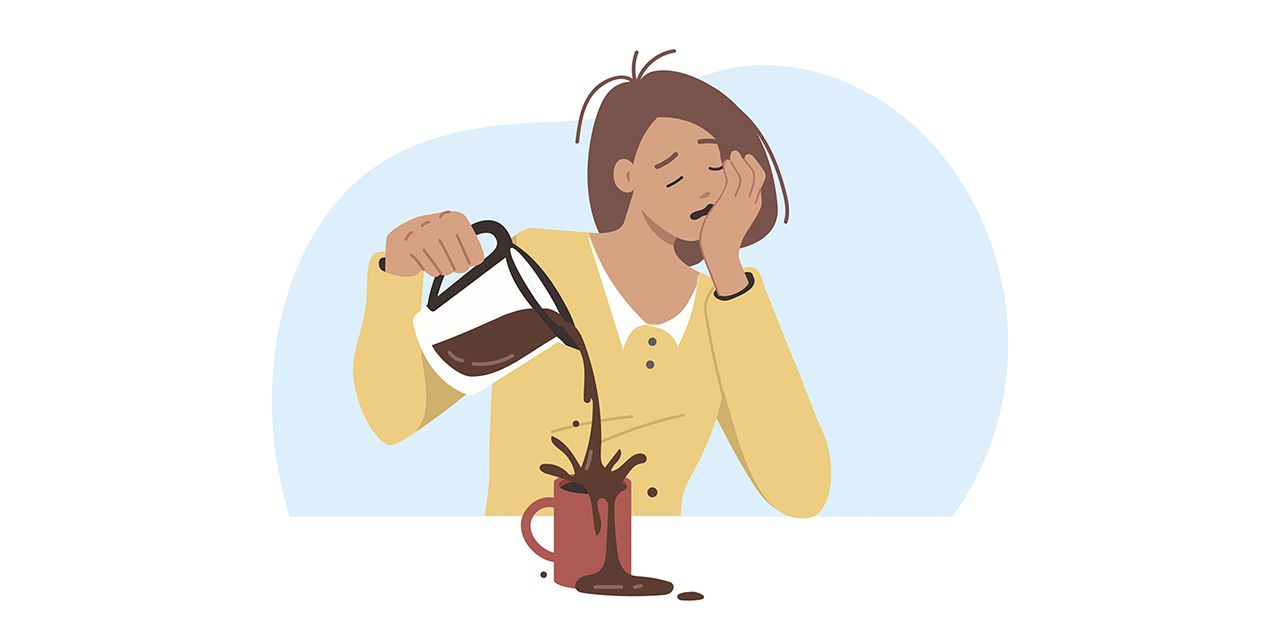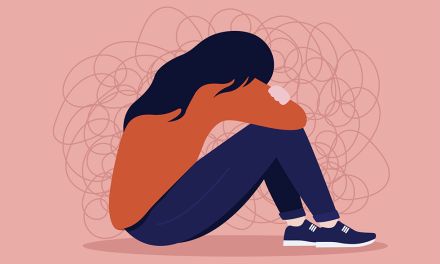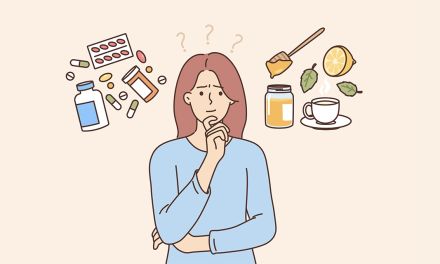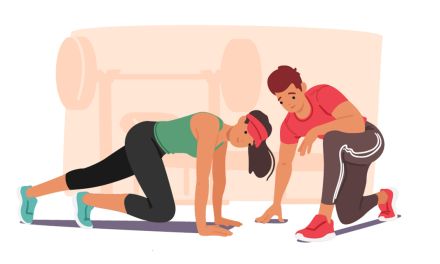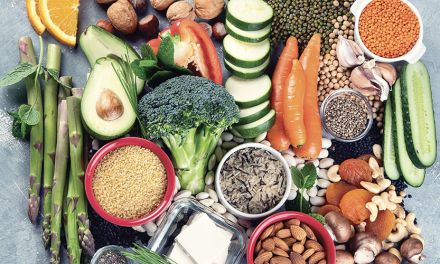Fatigue
by Dr. Shelby Worts, BSc, ND

Feeling drained? Everyday habits that may be sapping your energy.
Fatigue, or low energy, is a common symptom that leads people to consult with a naturopathic doctor (ND). We can order blood tests to rule out causes such as hypothyroidism, insulin resistance, and low iron or B12. If these tests are all normal, then low energy is most often associated with daily habits. Here are a few we consider:
Sleep is foundational to physical and mental stamina. Too often, people don’t prioritise good sleep—staying up late, using screens before bed, eating late, or consuming alcohol. If you snore, you need to rule out sleep apnea—discuss this with your healthcare provider. Sleep quality is critical to address if you want to see changes in daytime energy.
Exercise can be a double-edged sword. While regular movement supports better energy, fatigue can make it hard to get started. Overtraining, on the other hand, can also contribute—especially if your nutritional needs aren’t being met.
Nutrition matters. Low-nutrient foods aren’t the answer. A quick pick-me-up bar or beverage may help you push through temporarily, but only nutrient-dense meals and snacks will truly support sustainable energy. Keep it simple: aim for produce and protein at each meal. That could be a big salad with chicken or fish—or even half a red pepper and a hard-boiled egg. It’s better than most bars or skipping the meal entirely.
Hydration may seem minor, but it can have a big impact on how you feel. Prioritise plain water and herbal teas. On hot days or during sweaty activities, add electrolytes.
Stress affects both mental and physical energy. Reducing stressors where possible, engaging in stress management techniques, and supporting your ability to adapt and recover are all essential. Stress management looks different for everyone and may include meditation, yoga, exercise, time in nature, or mindful breathing.
Caffeine is a short-term fix. While it gives a temporary boost, it can come at the expense of future energy due to its impact on the adrenal (stress) glands. If you rely on coffee, try limiting your intake to one serving per day.
Alcohol can interfere with sleep—and therefore, your daytime energy—even in small amounts.
But what about when you know what to do, and you’re just too tired to start? This is where I love intravenous (IV) nutrient therapy. After a couple of weekly treatments, people often feel ready to go for that walk, make the better meal, engage in social activities, and more—the habits that ultimately contribute to long-term, sustained energy.
To explore your low energy and receive a personalised plan addressing all the factors above, speak to your naturopathic doctor. E
*These are general suggestions and should not be interpreted as medical advice. Discuss this with your qualified healthcare practitioner, especially if you are pregnant, taking medications, or dealing with a chronic disease. These suggestions are not intended to replace the importance of creating healthy sleep habits.

